Iran’s Raeisi to Pakistan's Khan: 20-year US presence brought destruction, massacre to Afghanistan
Iran’s President Ebrahim Raeisi says the 20-year occupation of Afghanistan by the US forces only brought destruction and massacre to the war-ravaged country.
Raeisi made the remarks in talks with Pakistani Prime Minister Imran Khan in Tajikistan’s capital city of Dushanbe, where he has arrived to take part in a summit of the Shanghai Cooperation Organization (SCO).
“The 20-year presence of American and Western forces in Afghanistan had no result, but destruction, homelessness and massacre of more than 35,000 Afghan children and thousands of men and women,” Iran’s president said.
“The withdrawal of US forces from Afghanistan is an historic opportunity for the formation of a popular government in Afghanistan and establishment of peace in this country and the region,” he added.
The Iranian president said efforts should be made to form a government in Afghanistan that includes all groups and ethnicities, and is based on the will of the people of this country.
“The key to solving Afghanistan's problems is to form an inclusive government and prevent foreign interference in the country's affairs,” Raeisi noted.
Khan, for his part, said Iran and Pakistan must work closely together to help Afghanistan successfully form an inclusive government.
Stressing that a safe and secure Afghanistan will be to the benefit of all countries in the region and the world, Khan said, “If an inclusive government is not formed in Afghanistan, the country’s woes will intensify, and Pakistan and Iran will suffer more than any other country.”
The United States and a number of its allies invaded Afghanistan and toppled a Taliban regime there in late 2001 under the pretext of the so-called "war on terror." The invasion and the ensuing war gravely worsened the security situation in the country.
The government of Afghanistan collapsed on August 15 and president Ashraf Ghani fled the country in the face of the lightning advances of the Taliban militant group that followed US President Joe Biden’s decision to withdraw the American troops in a disastrous pullout.
On September 7, the Taliban announced the formation of a caretaker government in Afghanistan, where hunger and poverty has significantly increased during the past month.
Elsewhere in his talk, Raeisi described the relations between Iran and Pakistan as more than neighborliness given their historical and cultural commonalities and said, "We should not allow the seditious acts and mischief of foreigners to affect these good relations."
Underscoring the untouched and valuable capacities in both Iran and Pakistan to expand relations, the Iranian president said the Islamic Republic is determined to promote regional relations and cooperation, especially with neighboring countries, and Pakistan has a special standing in this regard.
“Establishing security in border areas can activate the significant capacities of these areas for economic and trade exchanges, and can contribute to the development of these areas,” Raeisi added.
Khan also appreciated the constructive positions and brotherly attitude of Tehran towards Islamabad, saying, "We seek to expand our relations with Iran, especially in the field of transportation, and we believe that improving the level of cooperation between the two countries will have positive regional and global effects."
Raeisi discusses bilateral ties, economic cooperation with Uzbek counterpart
On the sidelines of the SCO conference, Raeisi also met with teh Uzbek president and said the level of economic relations between the two countries should be raised in line with their political relations.
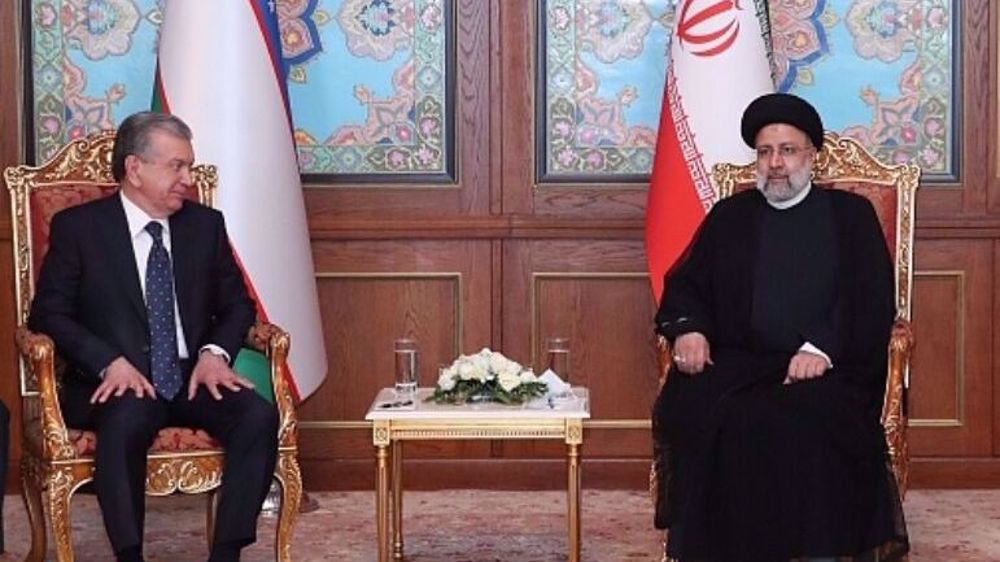
Congratulating his Uzbek counterpart on assuming the rotating presidency of the forthcoming term of the SCO, Raeisi said, "I believe that your positive and constructive outlook can bring great blessings and results to the region and member countries of the Shanghai Cooperation Organization."
Raeisi added that reinforcing a joint economic commission of the two countries along with their private sector can play an effective role in expanding economic and cultural relations between the two countries.
Pointing to the situation in Afghanistan, the Iranian president , “The Islamic Republic supports the formation of an inclusive government with the participation of all groups and ethnicities in Afghanistan, which will lead to the establishment of peace and stability in this country.”
Mirziyoyev, for his part, said the shared common and historical background of the two countries can play an important role in facilitating the expansion of economic and cultural relations between the two nations and can enhance the level of cooperation between private sector economic actors in Iran and Uzbekistan.
Mirziyoyev also stressed that Uzbekistan seeks an operational roadmap for expanding economic ties with Iran, especially in transportation, and making further activating the North-South Corridor centered on Chabahar port.
Heading a high-ranking delegation, the Iranian president traveled to Dushanbe earlier in the day to attend a summit of the Shanghai Cooperation Organization and hold talks with some of the member states' leaders.
The SCO is an association of Eurasian political, economic and security alliance founded in 2001 in Shanghai by China, Kazakhstan, Kyrgyzstan, Russia, Tajikistan, and Uzbekistan.
The alliance is the largest regional organization in the world in terms of geopolitical coverage and population, covering three-fifths of the Eurasian continent and nearly half of the human population.
Under the SCO Charter signed in 2002, the member nations cooperate on security and military issues, especially with respect to terrorism, as well as on economic, environmental, cultural, scientific, and other issues.
The SCO has now eight member states and four observer states. Iran acquired observer status in the multilateral organization in June 2005.
VIDEO | Press TV's news headlines
VIDEO | Iran will not 'capitulate' since it has military surprises for US
China overtakes US as Germany’s top trading partner
VIDEO | Displaced Gazans struggle to find clean water amid Ramadan
VIDEO | Pakistan strikes militant camps along Afghan border after suicide bombings
Iran FM: Chance still exists for win-win solution to nuclear issue
Denmark rejects Trump's plan to send US hospital ship to Greenland
US Secret Service kills man trying to enter Trump’s Mar-a-Lago estate


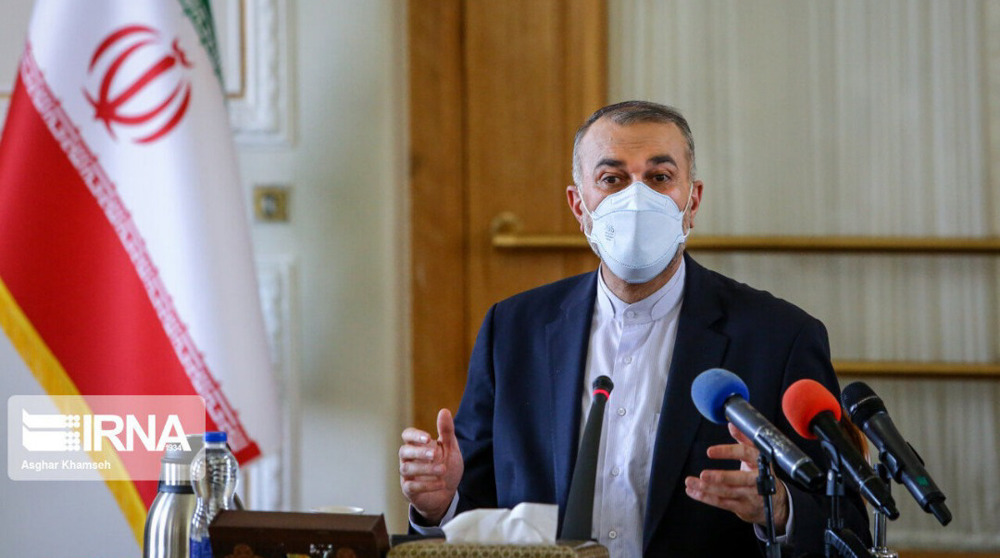
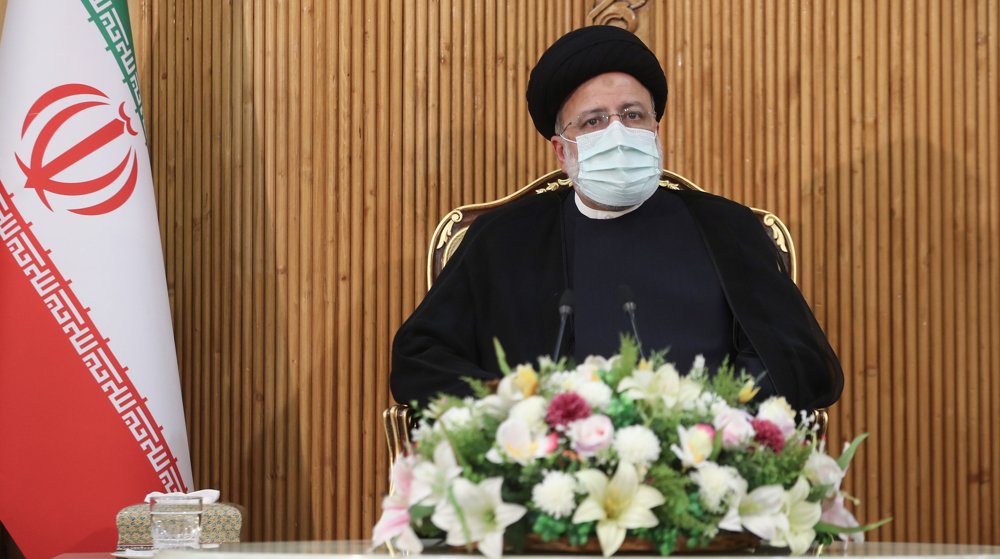
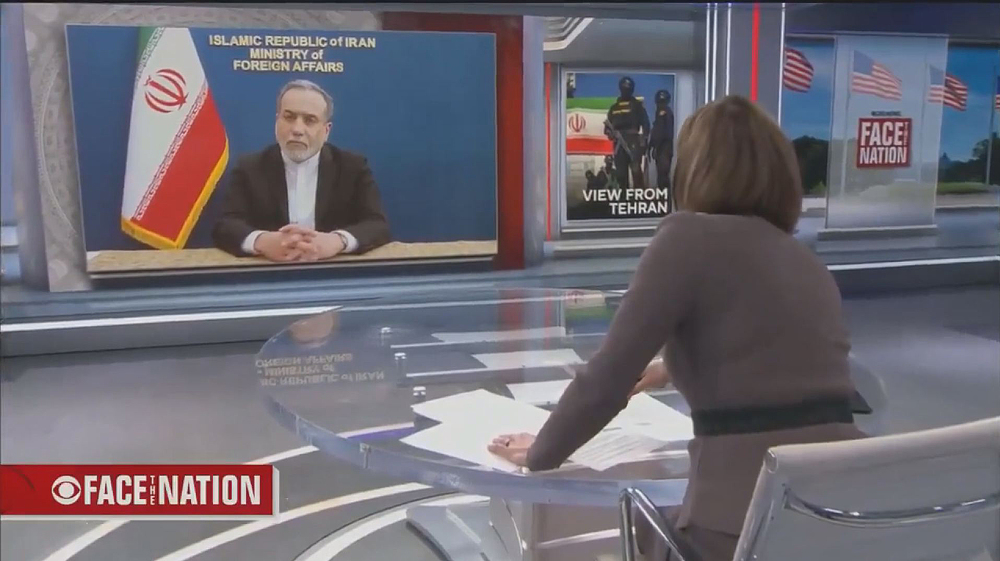
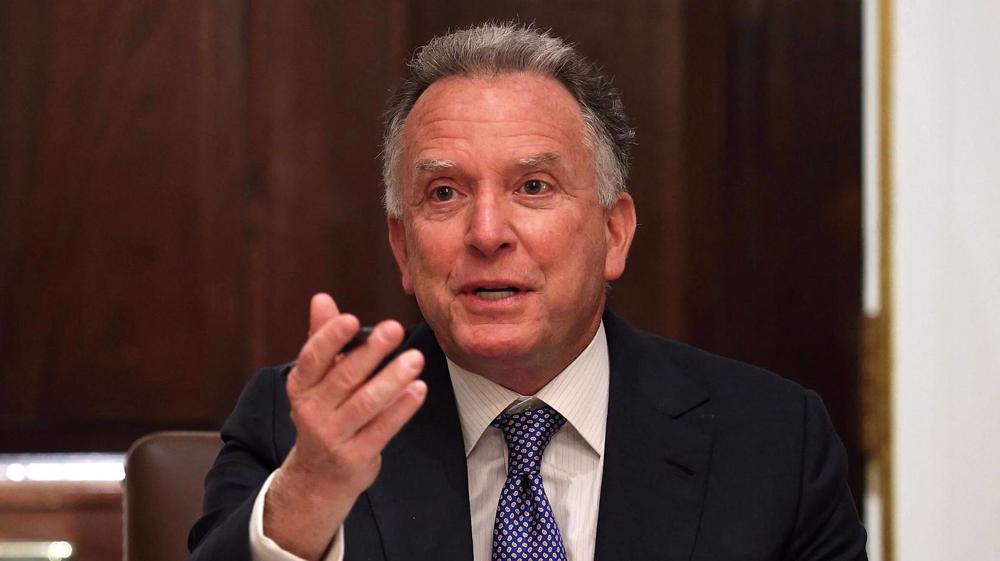
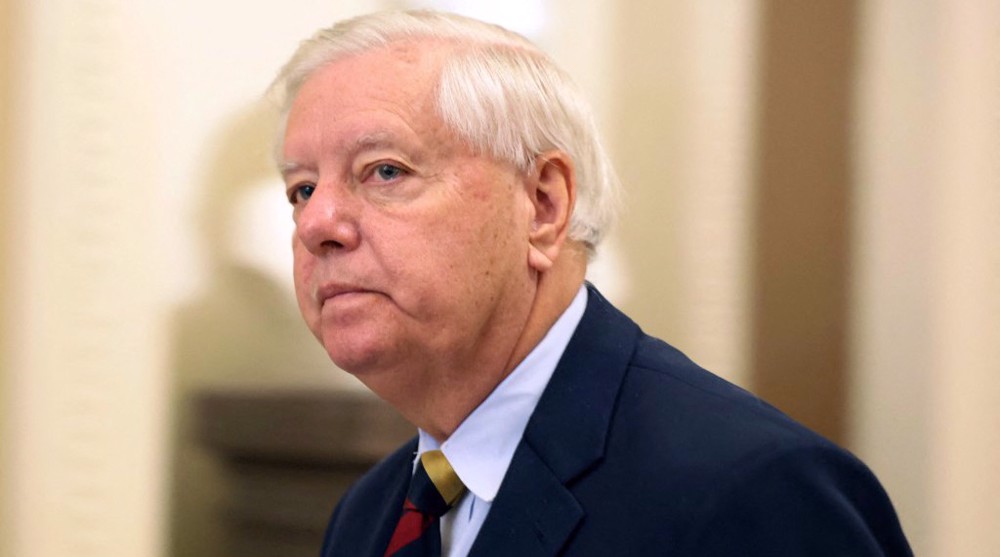




 This makes it easy to access the Press TV website
This makes it easy to access the Press TV website